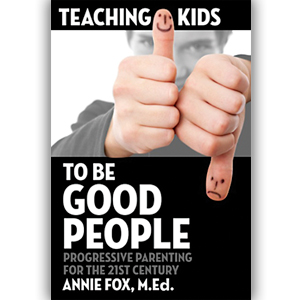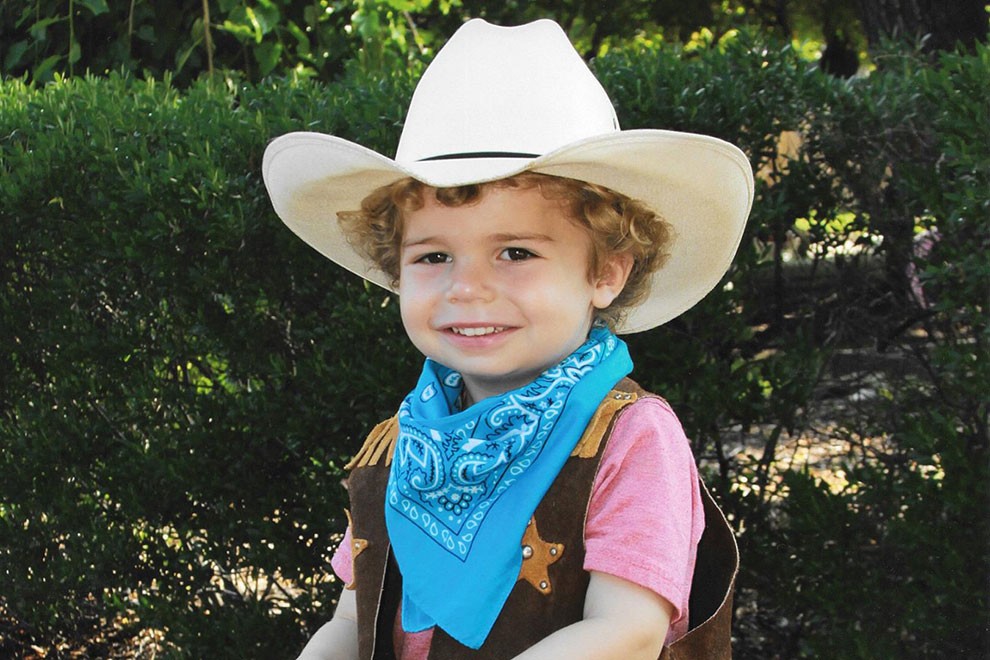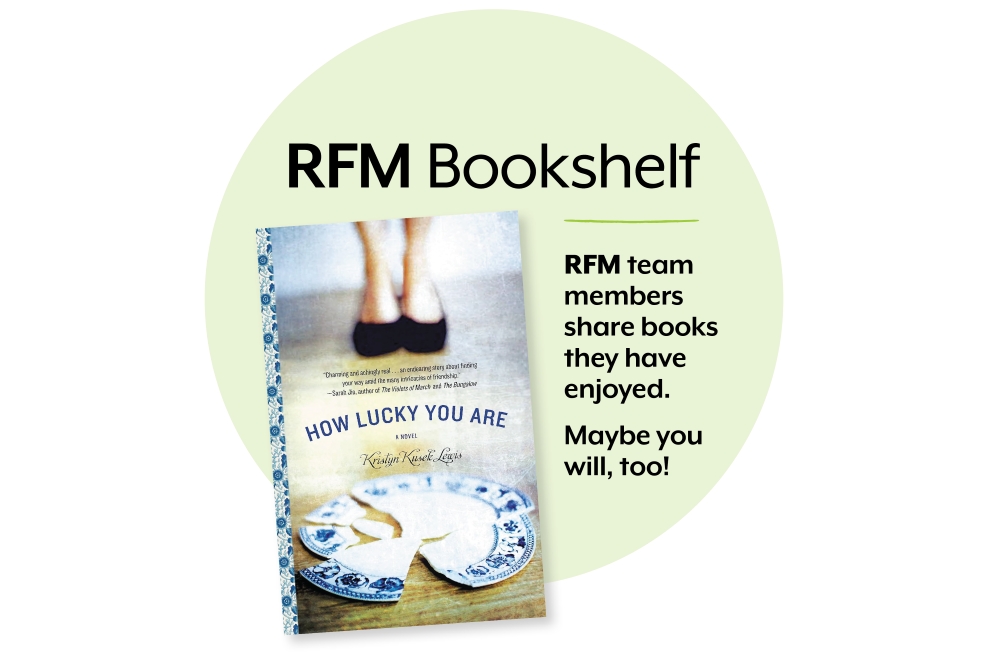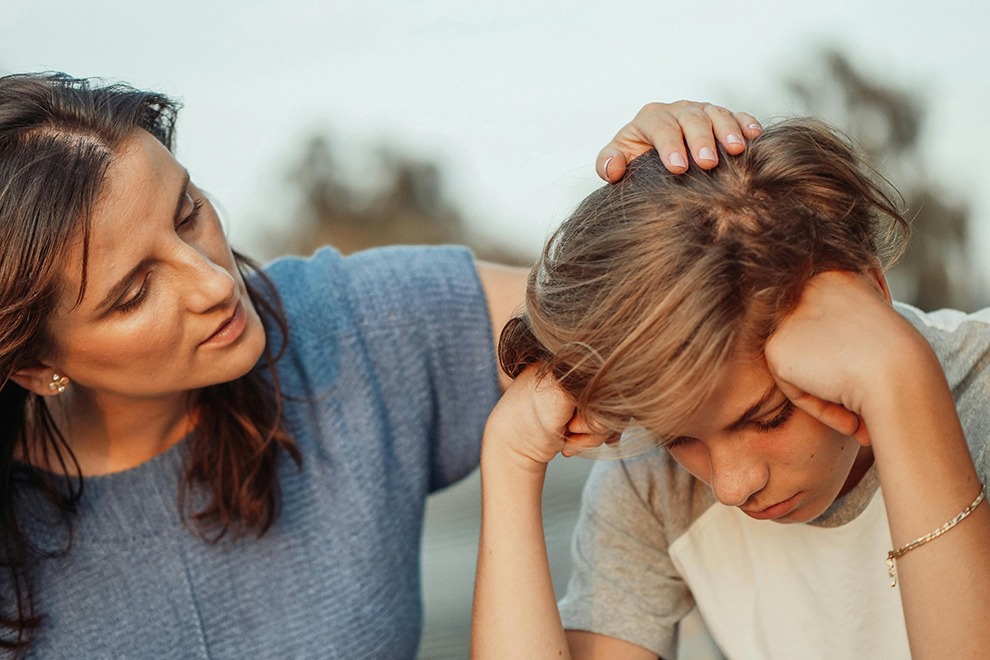“Obviously not all teachers are parents but all parents are teachers…When we teach kids to be good people we help the world becomes a safer, saner, more equitable place for all of us,” writes Annie Fox, author of Teaching Kids to be Good People by Annie Fox. Since the holiday season seems like the perfect time for parents to learn more about raising children who have the courage to do the right thing, Fox’s step-by-step guide to progressive parenting solutions for the 21st century was a great choice for Parenting by the Book this December.
What I like so much about this book is how Fox addresses issues we can all relate to. For example, “Chapter Four: How About Letting It Go Already?” focuses on releasing shame, regret, and contempt. Fox writes, “The thing about mistakes is that most of us don’t deal with them in healthy ways – at least, not consistently…Teaching our kids to be good people includes helping them forgive mistakes and focus on what is good in them and others.” Since this is no easy task, Fox offers up personal anecdotes to illustrate her point. When she recalls her compulsive need to relive her feelings of hurt, betrayal, and resentment, I must admit I could relate when she wrote, “Was I temporarily insane?” as almost all problems seem trivial once time provides us clarity.
As with all the issues raised in the book, Fox’s provides parents direction, in this case by listing questions to prevent pity parties. It’s a great resource for parents because, as Fox explains, “teaching our kids to move past bad choices and old hurts is wise teaching, but we can’t effectively teach it until we’ve mastered it ourselves.” One of the great teachable moments Fox offers is to ask your child to imagine wearing a backpack filled with hurt (or guilt) s/he feels about what happened. She suggests you tell your child, “You can carry that weight as long as you want, or you can choose to let some of it go.”
It’s thoughtful ‘Real World Assignments’ like this that you’ll find in every chapter. Another one of my favorites along the lines of ‘forgive and forget’ is giving people second chances. Fox writes, “Not even the Olympic Gold Medalists in parenting get it right every time, so why should we expect to be perfect? We have messed up before and we’ll do it again. When it happens and we apologize to our children, we teach them about respect, compassion, and forgiveness.” This assignment includes an opportunity to Listen In, if you have an ebook, as it links you to a podcast that features Fox talking to Joan Ryan, author of The Water Giver: The Story of a Mother, a Son, and Their Second Chance. Interactive moments such as these really help Fox’s points to resonate with readers.
While my preteen hasn’t gotten too far into the “You Embarrass Me” phase I know it’s coming so I found this part of Teaching Kids to be Good People to be particularly helpful. As Fox points out, “Young children are totally dependent on our goodwill, so they seek our approval. We are their heroes and they shower us with affection. Then they grow into teenagers and are always ready to criticize us. That’s part of how they establish an independent identity. It may be uncomfortable for use, but it is a normal, healthy process for them.” So if your teen would rather be home alone than out in public with you, try not to take it personally. If you continue to show your child love and respect, Fox insists that as your child matures, s/he will become less concerned about what others think and more likely to spend time with you.
Ultimately, if you’re trying to teach your child to be a good person then Fox claims you need to accept that being a good person is just as nuanced as being a good parent. Fox believes, “By thoughtfully expressing our perspective, observing, asking questions, listening, understanding, and acting with compassion, we are more likely to be of real service to others.” So while our best intentions may sometimes miss their mark, that’s no reason for either you or your child to end up on Santa’s Naughty List. Teaching your children to open their hearts to others might have its missteps, but it is the first step to changing a culture of cruelty to one of caring. And that’s what the holiday season is all about.
Follow @WinterhalterV on Twitter for updates on blog posts or like Parenting by the Book on Facebook.
Read my other blog Befriending Forty.





